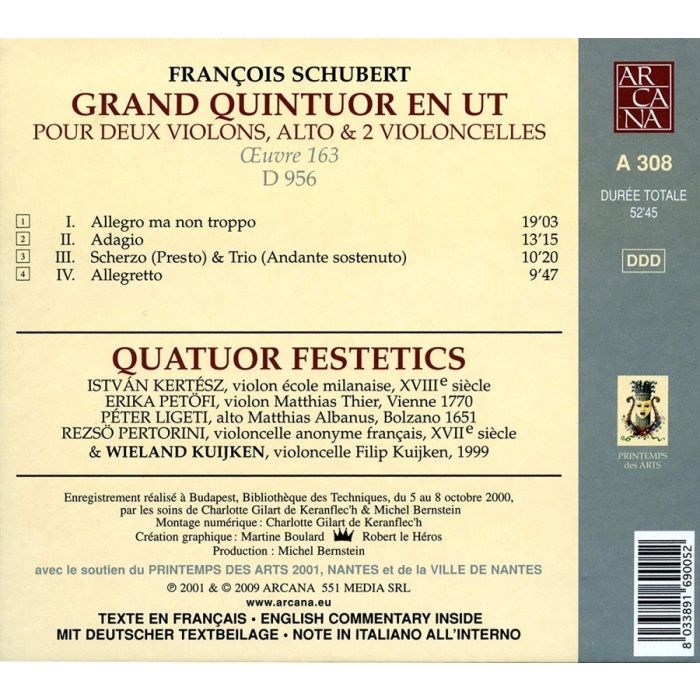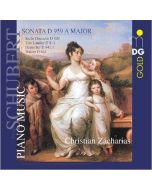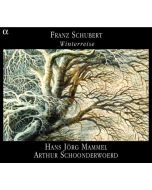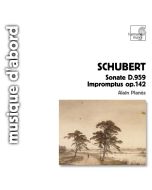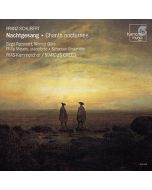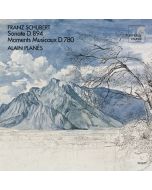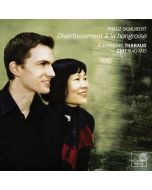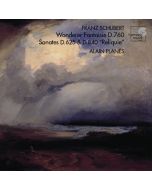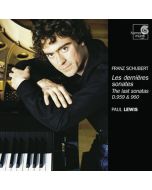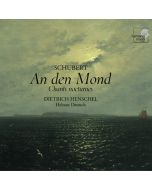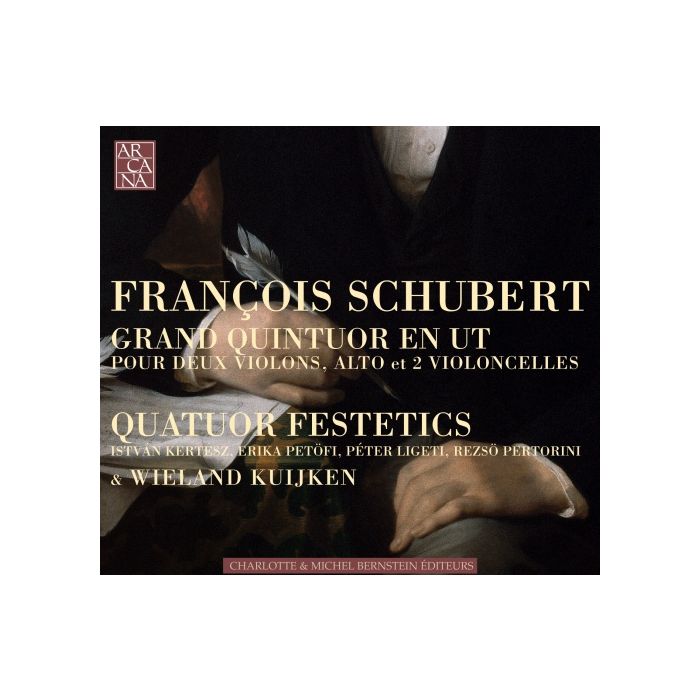
(Produkt nie został jeszcze oceniony)
kompozytor
Schubert, Franz
tytuł
Schubert: Grand Quintuor en ut pour deux violons, alto et 2 violoncelles
wykonawcy
Quatuor Festetics
nr katalogowy
A 308
opis
To present Schubert’s Quintet for two cellos, dating from the final months of his life, would be superfluous. There is no lack of commentary concerning this absolute masterpiece, and any attempt to add to it would be incongruous. In this respect, one will felicitously refer to the poetic commentary written for the present recording by Paul Badura-Skoda, a great Schubertian. Moreover, this is, as far as I know, the first time an instrumentalist has written a documented, committed text for a recording by other artists, playing different instruments: a fine gesture of collegiality and recognition ! What is more, the Quintet – which is more often recorded than performed in concert – is well known by music lovers, and the history of recording is punctuated by fine interpretations. However cruel and unjust it may seem for musicians beginning their career at this time, the notion that a new recording is justifiable only if it contributes an original approach here finds ample grounds. Péter Ligeti, the violist of the FESTETICS QUARTET, readily affirms that a string quartet does not reach a peak until at least ten years of working together: the Quartet was founded in 1985. István Kertesz, the primarius, maintains that the use of period instruments allows for finding, straightaway, the balance between voices, something impossible for a quartet playing on modern instruments, due to the divergent evolution of the sound volume of each instrument since the Classical era. Taking only the material or organological elements into consideration, one will note that the members of the FESTETICS QUARTET all live in Budapest, this enabling them to work together often, without problems of travelling, and that they benefited from the same training – the famous Hungarian school – which ensures a perfect homogeneity of sound. Let us add that the FESTETICSQUARTET accepts its belonging to the Central Europe – Mitteleuropa – that is omnipresent in the great masters of Classicism, through their use of folk themes, rhythms and sonorities. But all these options – including the way of examining period sources and practises – have no real interest unless they serve as an invigorating substratum for expressing the message of the masterpieces, for always going deeper into the composer’s thinking. One has to have attended a concert by the FESTETICS QUARTET in order to understand to what degree making music is an existential act, or practically a vocation, for its members. The density of fervour contrasts with the refusal of all artifice, the unfolding of time creating a tension that subjugates and mesmerises audiences. And every day, we receive mail from anonymous discophiles writing us about their profound emotion resulting from listening to some recording by the Festetics Quartet : this correspondence represents nine tenths of the letters we receive! For several reasons, I consider the FESTETICS QUARTET one of the most prophetic and original of our time. The bond with the illustrious WIELAND KUIJKEN, so introspective and inspired, borders on the miraculous. The way in which the Belgian cellist suspends time before Eternity creates a response devoid of all superfluity and trivial detail. Here we attain, in the expression of Debussy, “the naked flesh of emotion“.
nośnik
CD x 1
wydawca
Arcana
data wydania
7.05.2009
EAN / kod kreskowy
8033891690052
79,00 zł
Produkt na zamówienie
Wysyłka ustalana indywidualnie.
Darmowa wysyłka dla zamówień powyżej 300 zł!
Darmowy kurier dla zamówień powyżej 500 zł!
sprawdź koszty wysyłki